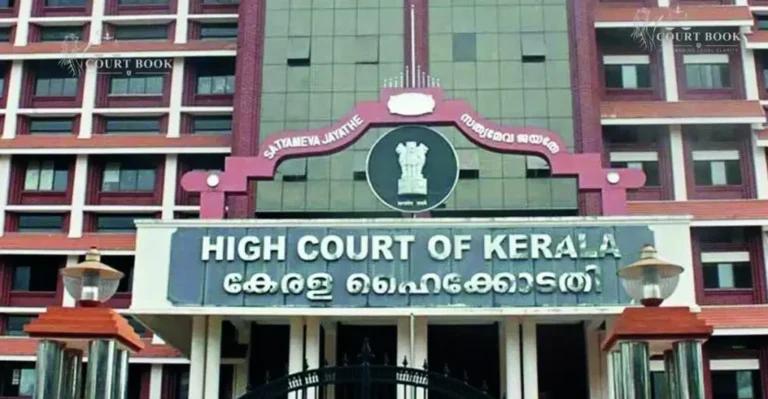The Kerala High Court has ruled that a government policy which completely denies premature release to convicts involved in the murder of women or children is against the principles of a welfare state and violates the human rights of prisoners.
“A blanket stance that a person who has murdered a woman or a child shall not be prematurely released de hors any other circumstances is not conducive to a welfare State,” observed Justice Kauser Edappagath.
The judgment came while considering the writ petition of a life convict who had already served over 22 years and 5 months in prison. He was convicted under Section 302 of the Indian Penal Code (IPC) for the murder of a woman by drowning her and robbing her gold chain.
The petitioner’s case was recommended for premature release by the first half-yearly Jail Advisory Committee Meeting in 2023, along with 15 other convicts. However, his release was rejected solely on the ground that he had murdered a woman, despite favorable recommendations from all concerned authorities.
These included the police department, the probation officer, the Superintendent of Prisons, and the Jail Advisory Committee—all of whom had supported his release.
The High Court emphasized that the remission policy should be rooted in the principles of reformation and rehabilitation. A policy that excludes entire categories of convicts based solely on the nature of the crime, without assessing the individual circumstances, is unjust and legally unsound.
“Premature release has been recognized as one of the facets of the human rights of prisoners,” the Court noted.
It added that the purpose of remission is not to grant freedom arbitrarily, but to provide an opportunity for convicts who have shown clear signs of reformation to return to society as contributing citizens.
The petitioner was only 18 years old when he committed the crime and is now 45. The probation report mentioned that he could reintegrate into society and earn a living by engaging in agricultural work in his native village.
Legal Background
The Court referred to the 2022 Government Order which imposed a general restriction on granting premature release to those convicted of murdering women or children. This order was earlier examined by the Supreme Court in Joseph v. State of Kerala (2023), where the Apex Court had expressed serious concern.
“Exclusion of certain offences from the scope of remission, without regard to circumstances, turns the ideals of reformation on its head,” the Supreme Court had said.
It emphasized that statutory discretion regarding premature release, under Section 432 of the Criminal Procedure Code, cannot be overridden by inflexible policies or self-imposed rules.
Justice Edappagath emphasized that the convict's conduct in prison, efforts for personality development, educational progress, and other signs of positive transformation must be taken into account before denying remission.
“There are many factors to be considered such as the age of the accused at the time of the crime, time already served, behavior in prison, willingness to reform, and the nature of the crime’s circumstances,” the Court said.
The Court made it clear that decisions regarding premature release cannot be made based on a blanket prohibition. Instead, each case must be evaluated individually, considering both societal safety and the potential for reform.
The Court was informed that the petitioner’s name had again been recommended for premature release. Taking note of this, the Court ordered the State to consider this recommendation afresh, in light of its detailed observations, within three months.
“The State is directed to consider the recommendation for premature release of the petitioner in the light of this judgment within a period of three months,” the order concluded.
Counsel for the Petitioner: Advocates Smruthi Sasidharan, V. P. Brijesh, Aswanthy Amby
Counsel for the Respondents: Advocates P. Narayanan (Sr. PP), Sajju S. (Sr. GP)
Case No: WP(Crl.) 1215 of 2024
Case Title: Balu v State of Kerala and Others















